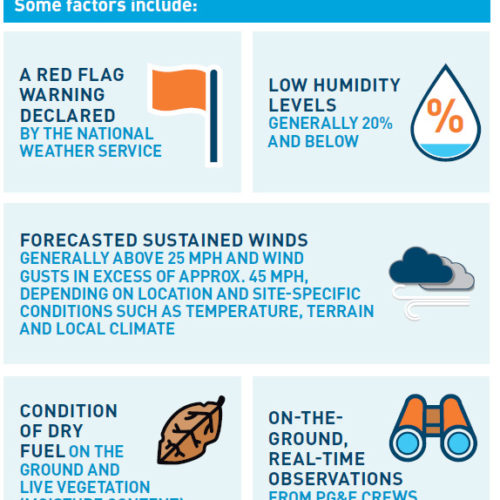From The Desk Of
Peter Birdsall Executive Director
The next big challenge for county offices of education is supporting school districts with development and implementation of their Learning Continuity and Attendance plans. School districts and county offices must adopt these plans by September 30.
The law then provides that the county superintendent “may” provide written recommendations concerning the school district plan. The school district governing board would be required to “consider” such recommendations within 15 days.
It is critically important that county superintendents attempt to reach agreement on their approach to providing written recommendations. The history of our work with school district LCAPs would suggest that the preferred approach is work proactively and collaboratively with the districts before they adopt their plans.
It will come as no surprise that legislators and advocacy groups will be watching the quality and consistency of county office support for and review of the local plans. In a report released in July, authors from various groups including PACE, the UC Berkeley School of Law, and the Opportunity Institute offered the following recommendation to state policy-makers:
“To strengthen assurances that adequate and high-quality instructional time, meaningful reengagement practices, and equitable services are provided, the state should: (a) authorize counties to reject or help revise districts’ instructional continuity plans where needed; (b) require districts to collect local data and regularly update their communities on the implementation of these plans, including data on how much synchronous instructional time each group of students is receiving and on rates of participation; … and (e) consider a statewide evaluation or audit to document trends in instruction and student engagement so that policymakers and stakeholders have good information upon which to base future decisions.” Source: Lead with Equity, PACE, July, 2020
State law was not revised to authorize county superintendent rejection of district learning continuity plan, but these recommendations highlight the significant level of concern about the quality of the plans and the role of the county office.
Leadership from the CCSESA Steering Committees are doing an extraordinary job developing and sharing information, so that the county office response to this challenge is both consistent and high quality. We are planning an important discussion of these issues for the October CCSESA General Membership meeting.









